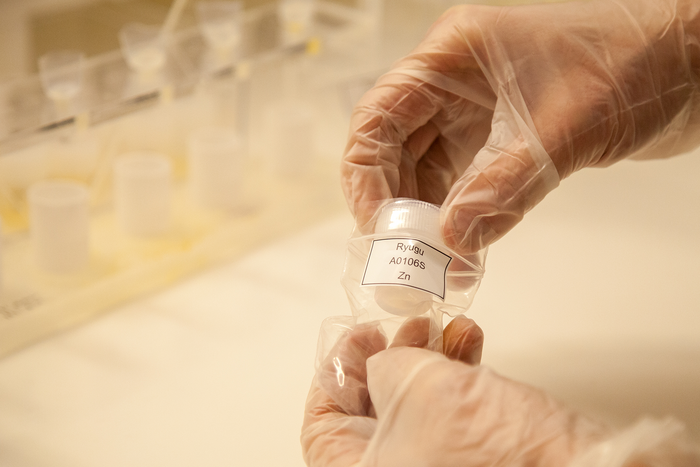Pieces of distant asteroid brought to Earth help explain early Solar System, scientists say

Pieces of a distant asteroid have helped reveal more about the early life of our Solar System, according to scientists.
Researchers have used samples of an asteroid to learn more about how the asteroids that surround us are made up – as well as the composition of our Earth.
They found that the asteroid is made up of “Ivuna-like carbonaceous chondrites”, which helps scientists better understand where the asteroid might have come from. Those CIs are the most chemically primitive meterorites, and are thought have a makeup closest to the Sun.
But it helps shed light on our own planet, too: Ryugu-like material from the outer Solar System makes up as much as 6 per cent of Earth’s mass, researchers believe.
The new research marks the latest discoveries from Ryugu. That is a distant asteroid on which a Japanese mission landed and then flew back to Earth.
In the two years since that Hayabusa2 spacecraft arrived back, scientists have continued to find a range of new discoveries about the asteroid, which have in turned helped explain the story of our solar system when it was much younger than it is now.
Scientists have been able to examine objects from further out in the solar system in the past, by finding them after they have fallen down to Earth as meteorites. But Hayabusa2 represented the first time that researchers could look at such samples without them having gone through the process of falling through the atmosphere and onto the planet.
The new findings are described in an article, titled ‘Contribution of Ryugu-like material to Earth’s volatile inventory by Cu and Zn isotopic analysis’, published in Nature Astronomy.
Join our commenting forum
Join thought-provoking conversations, follow other Independent readers and see their replies
Comments
Bookmark popover
Removed from bookmarks